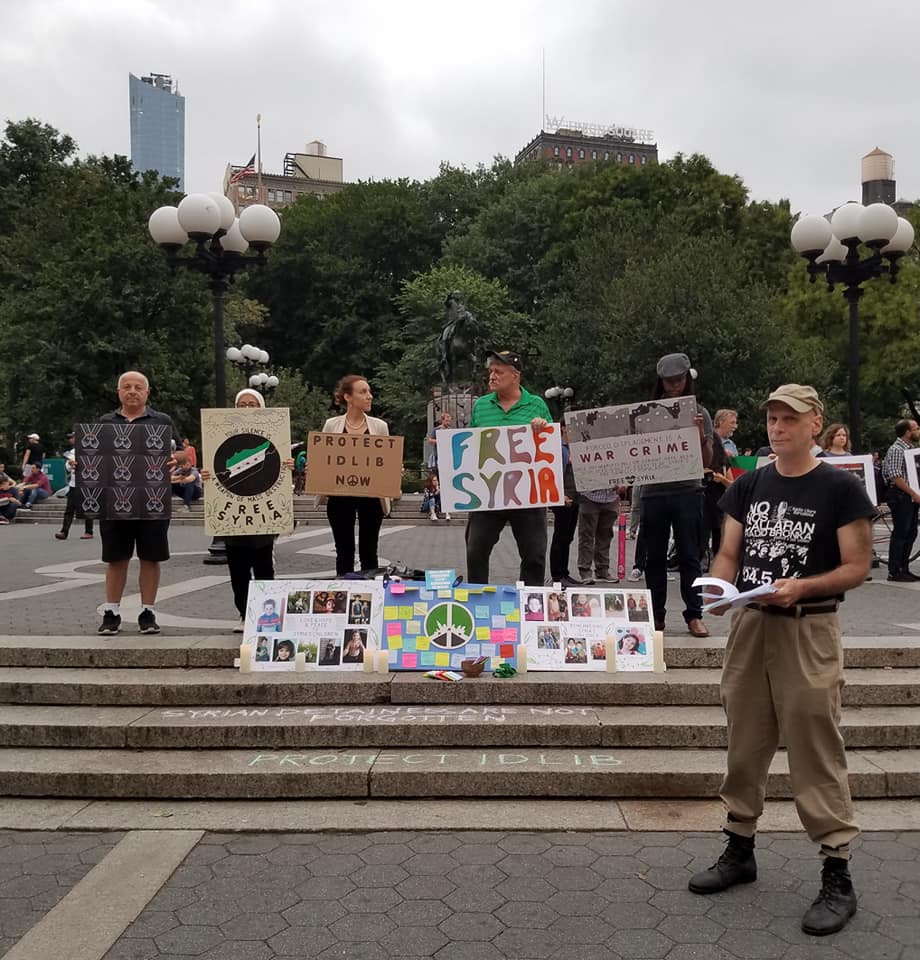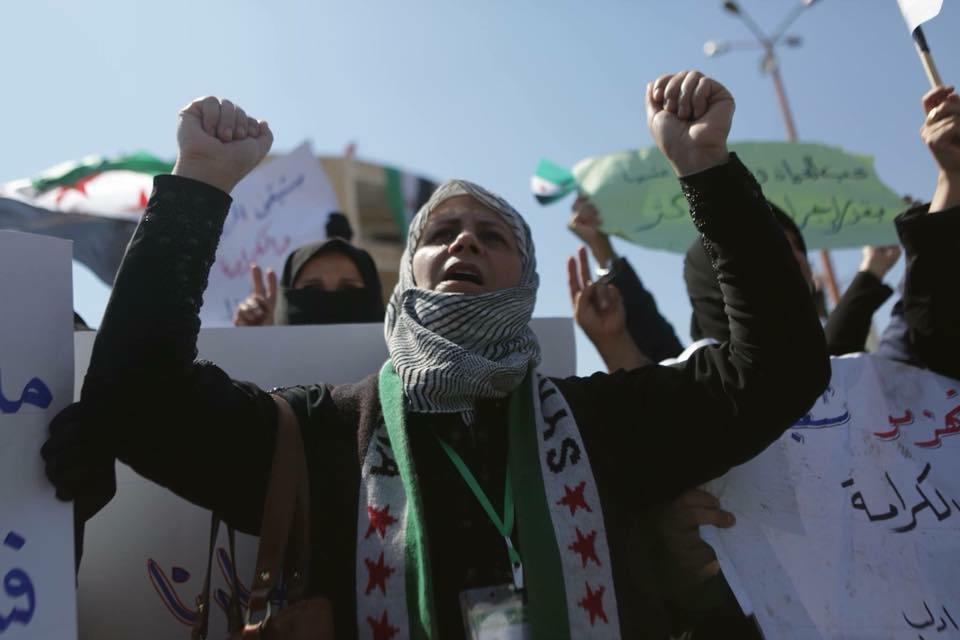Canada’s high court deals blow to treaty rights
The Supreme Court of Canada ruled that the federal government does not have a responsibility to consult with First Nations before introducing legislation, even in cases when it would impact their lands and livelihood. The 7-2 ruling ends a challenge by the Mikisew Cree First Nation of Alberta to a 2013 reform of Canada’s environmental laws by the administration of then-prime minister Stephen Harper. The reform altered the Canadian Environmental Assessment Act, the Fisheries Act, the Species at Risk Act, and the Navigable Waters Protection Act, reducing the number of projects that require environmental assessment studies and narrowing the scope of those assessments. The Mikisew Cree contended that the reform violated constitutionally-protected treaty rights of Canada’s indigenous First Nations. (Photo of Mikisew Cree Chief Archie Waquan via CBC)




